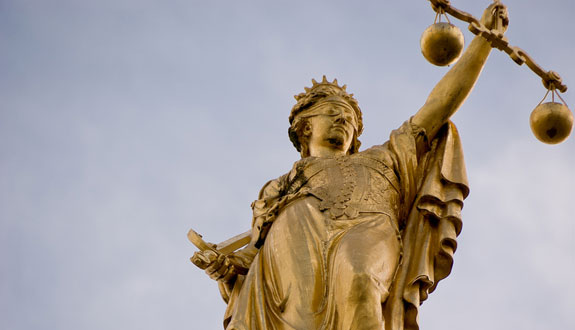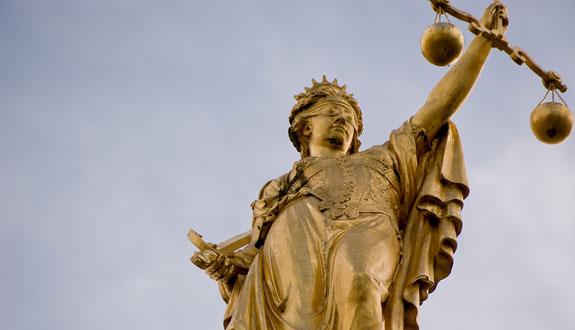Federal Prosecutors’ Role In Government
- by
- Mar 16, 2017
- News
- Reviewed by: Matt Riley


With the firing of the US Attorney for the Southern District of New York, Preet Bharara, people might like to know a bit more about the role of prosecutors in “the system.”
Prosecutors have enormous power. First, prosecutors decide whether to bring any charges at all against a given defendant. If a prosecutor decides not to bring charges against a defendant, no one can appeal this decision — it’s final.
Prosecutors also decide which charges to bring, which means that they can effectively decide how much potential time behind bars a defendant will be looking at. This is because the same exact conduct by a defendant may be covered by multiple criminal statutes that require very different times behind bars. Victims, at least at the federal level, have a right to “confer” with the prosecutor about which charges should be brought, but victims have absolutely no right to decide what the defendant will be ultimately charged with. There is a very narrow limit on a prosecutor’s charging decision power in that a prosecutor may not make charging decisions in a discriminatory manner, but this type of violation is almost impossible to prove.
Prosecutors also decide whether or not to offer a guilty plea deal to a defendant and how generous that plea deal will be. Almost all criminal cases end in a guilty plea. This is because a prosecutor can lean on a defendant very hard by charging them with crimes that would lead to very long times behind bars while offering a plea deal for a much lesser crime at the same time. The difference might even be between months in jail or no jail time at all. The criticism has been that with such a choice even innocent people have a very strong incentive to plead guilty.
Finally, prosecutors can also decide to dismiss the charges against a defendant all together. This power has some limits, but they are very weak.
The chief prosecutor in an office can also decide general prosecution policies which can result in very different conviction rates for similar conduct in comparable districts. As an extreme example, in New York City, the Manhattan DA’s office will only convict about a third of all domestic violence defendants whereas the Queens DA will convict about two-thirds. The difference is that in Manhattan, a domestic violence victim can effectively stop the prosecution of her case by withdrawing her cooperation. In Queens, the DAs will continue to prosecute domestic violence cases even if the victim never cooperates, which tends to be a much harder but nonetheless still very viable prosecution strategy.
So prosecutors wield enormous power in our judicial system, but they are ultimately just agents of the chief executive. The way the chief executive controls his or her agents is by hiring and firing them. This is why it’s completely normal to see an incoming presidential administration fire all the US attorneys hired by the previous administration. What’s unusual in Mr. Bharara’s case is that Trump told him that he wanted him to stay on but then changed his mind. This is of course within the President’s power, but it was a jerk move.
Search the Blog

Free LSAT Practice Account
Sign up for a free Blueprint LSAT account and get access to a free trial of the Self-Paced Course and a free practice LSAT with a detailed score report, mind-blowing analytics, and explanatory videos.
Learn More
Popular Posts
-
logic games Game Over: LSAC Says Farewell to Logic Games
-
General LSAT Advice How to Get a 180 on the LSAT
-
Entertainment Revisiting Elle's LSAT Journey from Legally Blonde








